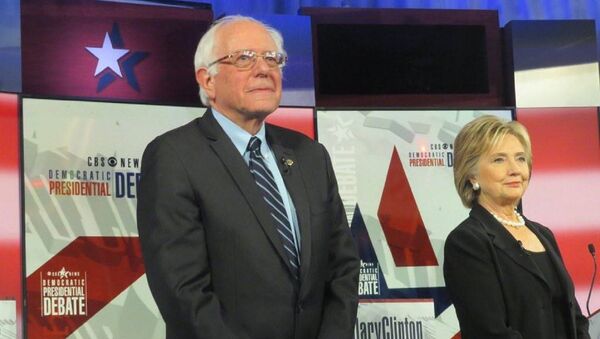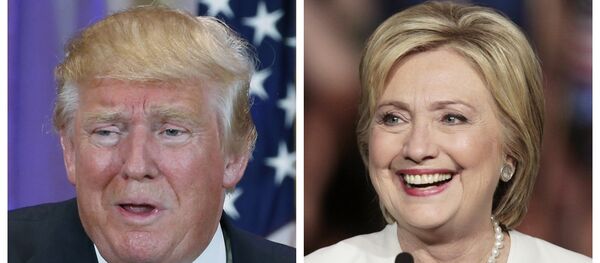These results appear to coincide with a trend of people leaving major parties to register as independents. According to a 2014 Pew Research study in Party Affiliation trends, 44% of voters are registered independents, with just over 50% registered with one of the major parties. In 1960, 75% of voters belonged to one of the major parties and only 20% were independent. The majority of party defectors came from the Democrats, which about half of American voters belonged to in 1960. Republicans have been fairly consistent, with 23% of Americans registered today, the numbers vacillating slightly between 20 and 25%.
These numbers are revealed as voters grow frustrated with the American electoral system. A Gallup poll published in September 2015 showed that 60% of Americans would welcome a third party, including four in five independents. The poll concluded, "Arguably, the U.S. political climate has been ripe for the emergence of a major third party for some time, but that hasn't yet happened."
During the current election cycle, Americans may have expressed their frustration with the two major parties by supporting candidates such as Sanders, Trump, Carson and Fiorina. The lack of major third party candidates in recent years reflects in part the difficulty independent-minded candidates have in obtaining ballot access in the US, securing a place in the debates and raising sufficient funds outside of the traditional two-party system, according to published statements from the poll.
Hillary Clinton tends to fare better in states with closed primaries, where only registered Democrats can vote, while Bernie Sanders performs better in states with open primaries where independents can vote. This issue came to a head recently during the New York primary, where Sanders commented that three million independent voters in the state of New York "…lost their right to vote in the Democratic or Republican primary. That’s wrong."
Democratic National Committee chairwoman Debbie Wasserman Schultz has said she is "absolutely" supportive of closed primaries, remarking that the "party’s nominee should be chosen by someone registered with that party," and that Democrats, "…should not have independents or Republicans playing games." Wasserman was the target of a petition initiated by activist-website RootsAction.org calling for her removal as head of the DNC for attempting to “minimize competition for her candidate, Hillary Clinton." The petition received over 40,000 signatures and RootsAction co-founder Norman Sunday said, "Wasserman Schultz has become a key operative and symbol of aversion to democracy at the top of the Democratic Party. Her removal as chair of the national party is necessary, though certainly insufficient, to shift the momentum in a positive direction."




